Where do the 2025 primary candidates for Wisconsin schools superintendent stand on high-profile issues?
Three career educators vying to lead the Wisconsin Department of Public Instruction — Brittany Kinser, Dr. Jill Underly and Jeff Wright — share their perspectives on school funding, achievement gaps, assessing test scores and teacher shortages.
February 12, 2025
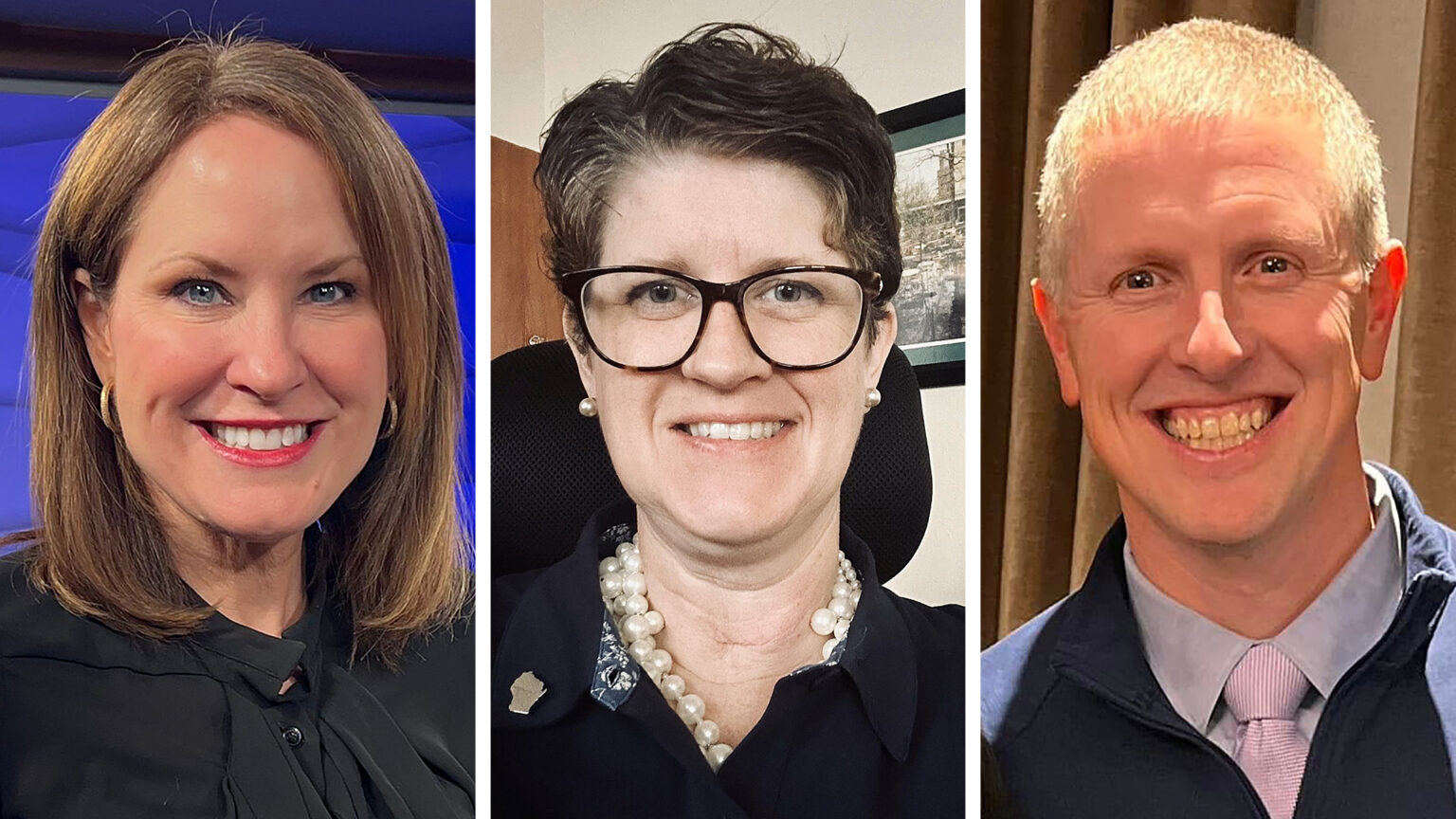
Brittany Kinser, State Superintendent Dr. Jill Underly and Superintendent Jeff Wright are running for the office of state superintendent of public instruction in Wisconsin's spring 2025 primary on Feb. 18. (Source: Brittany Kinser for Wisconsin Kids, Underly for WI and Jeff Wright for State Superintendent)
All three of the primary candidates in the 2025 race for state school superintendent say they want what’s best for Wisconsin kids.
But how they’d go about achieving that – and what they’d change to the state’s education system – if elected as the head of the Wisconsin Department of Public Instruction varies considerably based on their experience and educational philosophies.
On the Feb. 18 primary ballot, voters will choose between incumbent Superintendent Dr. Jill Underly, a former teacher and education administrator seeking her second term, Sauk Prairie School District Superintendent Jeff Wright and Milwaukee-based education consultant Brittany Kinser.
The two candidates with the most votes in the primary election will then move on to the spring general election on April 1.
Among the top issues that have emerged in the race are how the candidates would work to secure school funding from the Republican-controlled Wisconsin Legislature, which is unlikely to support increases, as well as racial achievement gaps between students, and determining the best measurements to rate student progress.
School funding
Wright said there is “an overreliance on property taxes and local referenda to fund our schools” when it comes to funding practices.
“This is something that will require the Department of Public Instruction, the Legislature and the governor to work together to find a solution — or several probably — solutions to funding formulas that have been in place since I was in high school. It’s time to revise some of those formulas,” he said, referencing how the state distributes education funding to different districts.
Underly also pointed to funding as a problem.
“Last year, about 50% of Wisconsin school districts went to a referendum because they don’t have enough money to operate and the state isn’t keeping up their end of the bargain,” she said.
Underly also said Republican lawmakers are “really focused on expanding privatization and vouchers, which pulls money out of our public school system.”
On this issue, Kinser said she supports “making sure that the money that is coming into schools is going directly into the classrooms.”
Achievement gaps
An annual federal report issued at the end of January 2025 shows that Wisconsin’s achievement gap between white and Black students continues to be among the worst in the nation.
According to the U.S. Department of Education’s National Assessment of Educational Progress, of Wisconsin fourth graders, 51% of white students tested “proficient” or better in math. For Black students, that level was just 5% – a gap of 46 percentage points.
But that persistent disparity doesn’t stop at math. There is also a wide gap in reading skills. For example, of white eighth graders, 36% of them tested “proficient” or better compared to 9% of Black students – a gap of 27 percentage points.
“We can’t just talk about caring about these gaps,” said Wright. “We’re really going to have to make some changes to make sure that we’re addressing them.”
Kinser finds fault with the overall testing proficiency levels for all Wisconsin students, which remain largely unchanged from 2022.
“We can get to a place where it’s not three out of ten children who are prepared, but 95% of children – that’s possible,” she said. “We have just got to make sure that we have the vision for that and the support.”
At the national level, though, Wisconsin’s fourth and eighth grade students overall are performing better than most states in both subjects.
Speaking broadly, Underly said many factors contribute to student success. For example, she wants schools to provide free universal breakfast and lunch.
“That’s going to help with mental health and that’ll help with their achievement,” said Underly. “Another thing is early childhood education — expanding access to early childhood experiences and full-day 4K and afterschool programs is a priority for me too.”
Measuring achievement
A related high-profile issue for this state superintendent race hinges on a recent change to the measurement scale for student achievement at the state level.
Under Underly’s direction, the state Department of Public Instruction lowered the threshold for proficiency on the state tests – called the Wisconsin Forward Exam – and changed the terms to describe student success in 2024. Most noticeably, “basic” and “below basic” are no longer being used. Additionally, students are no longer “proficient,” they are “meeting expectations.”
With this new system, test scores from 2024 show that almost half of the state’s students were testing at their own grade level in reading and math. That’s a significant jump up from 2023, when less than 40% of students were assessed to be proficient in those subjects.
These changes have been swiftly and strongly criticized by Republicans as an attempt to move the educational goalposts to make students look better. They’ve also criticized how the new benchmarks for 2023-24 scores prevent comparisons to scores to previous years. The Republican chair of the state Senate’s education committee has proposed legislation to restore state student academic standards to the previously used system.
Underly’s long-time ally Democratic Gov. Tony Evers – who served as state superintendent before becoming governor – has said those scoring changes “could have been handled better.”
Kinser said rolling back the standards to the prior system is her top priority.
“We’ve got to restore the high standards,” she said. “We’ve got to make sure we’re teaching reading, writing and math so kids can get a job, go to college or master a trade.”
Wright has also criticized these shifts.
“The timing of this change couldn’t have been worse because of the districts purposely and intentionally creating systems and supports for students coming out of the pandemic to make sure that any learning loss was addressed,” he said. “One of the ways that we measure whether or not our post-pandemic efforts have been successful is comparing student achievement year to year to year.”
Underly has repeatedly said critics have misconstrued the changes to the standards and are wrong to say they are lower.
“What they’re accusing me of is absolutely untrue,” she said. “We raised standards in math and science, and we’ve implemented additional standards and added more standards in career and tech education. What we did was what’s best for kids.”
Underly said the new standards were created after consulting with more than 80 educators from around the state.
“I hope that they don’t touch it,” she said about the proposed legislative changes, adding that lawmakers need to “understand that this decision was made transparently and openly and on the recommendation of educators.”
Teacher shortages
One issue that all of the state superintendent candidates can agree on is that the teacher shortage needs to be addressed.
Kinser, who was a special education teacher before going to work in education consulting and for a national network of public charter schools, said educators in classrooms need more help and resources.
“We need to be rewarding our great teachers and not more bureaucracy,” she said.
Wright, who served as a high school principal in Chicago before returning home to Wisconsin, spoke broadly to this issue.
“We have an educator shortage in the state – it’s not just traditional teachers, but it’s also counselors and social workers, it’s administrators, it’s educational assistants and custodians and food service workers,” he said. “We are having a hard time finding those really essential teammates and then keeping them around.”
Underly, who previously worked as a teacher and as a higher education advisor, said the shortage will get worse if nothing is done.
“We have a teacher retention crisis,” she said. “I think it’s tied to funding because other states are paying more to teachers. We will lose teachers to surrounding states unless we do something about that.”
The top two primary vote-getters will move on to the spring election on April 1, and the winner of that vote will take office in early July.
 Passport
Passport




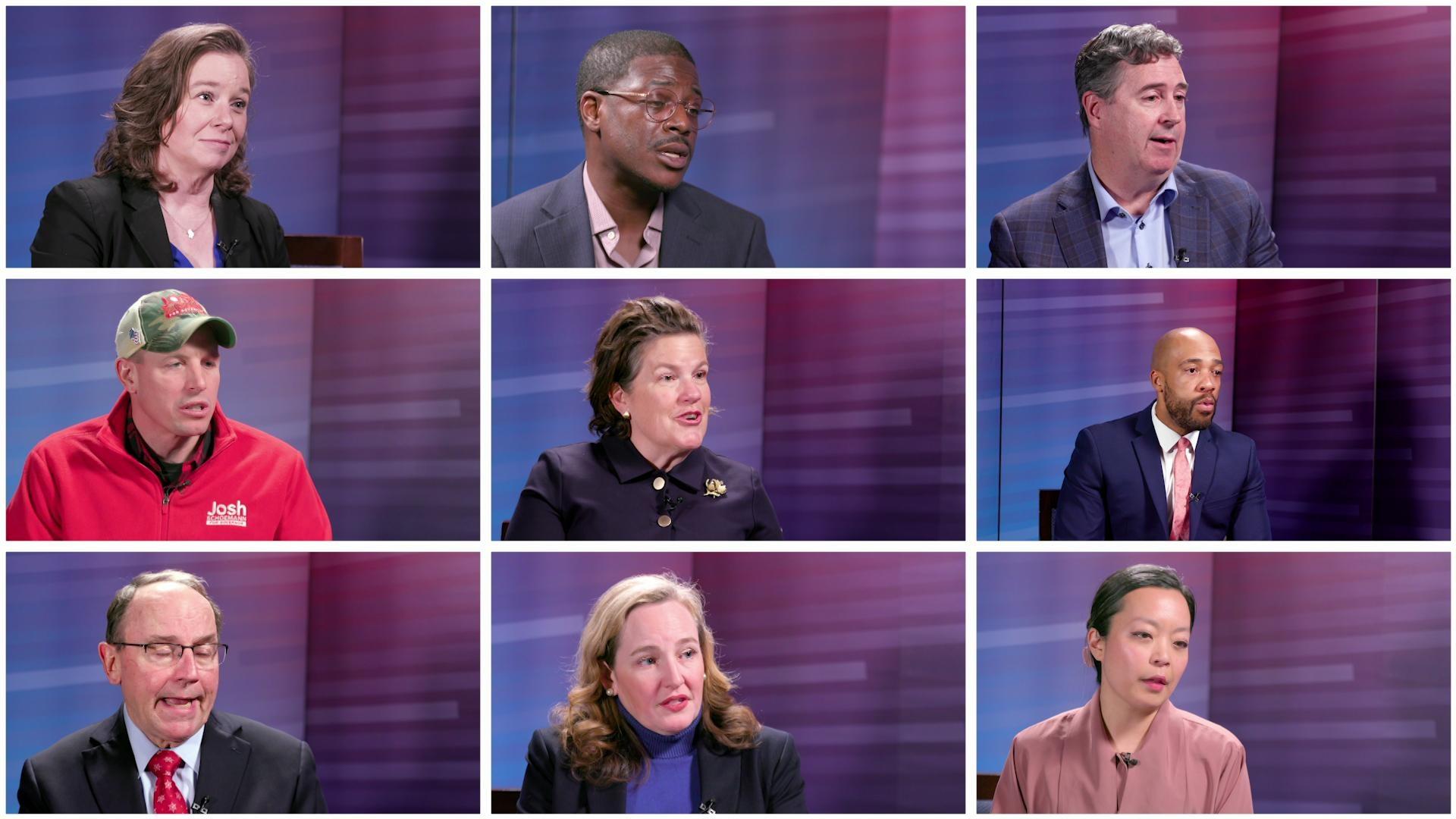
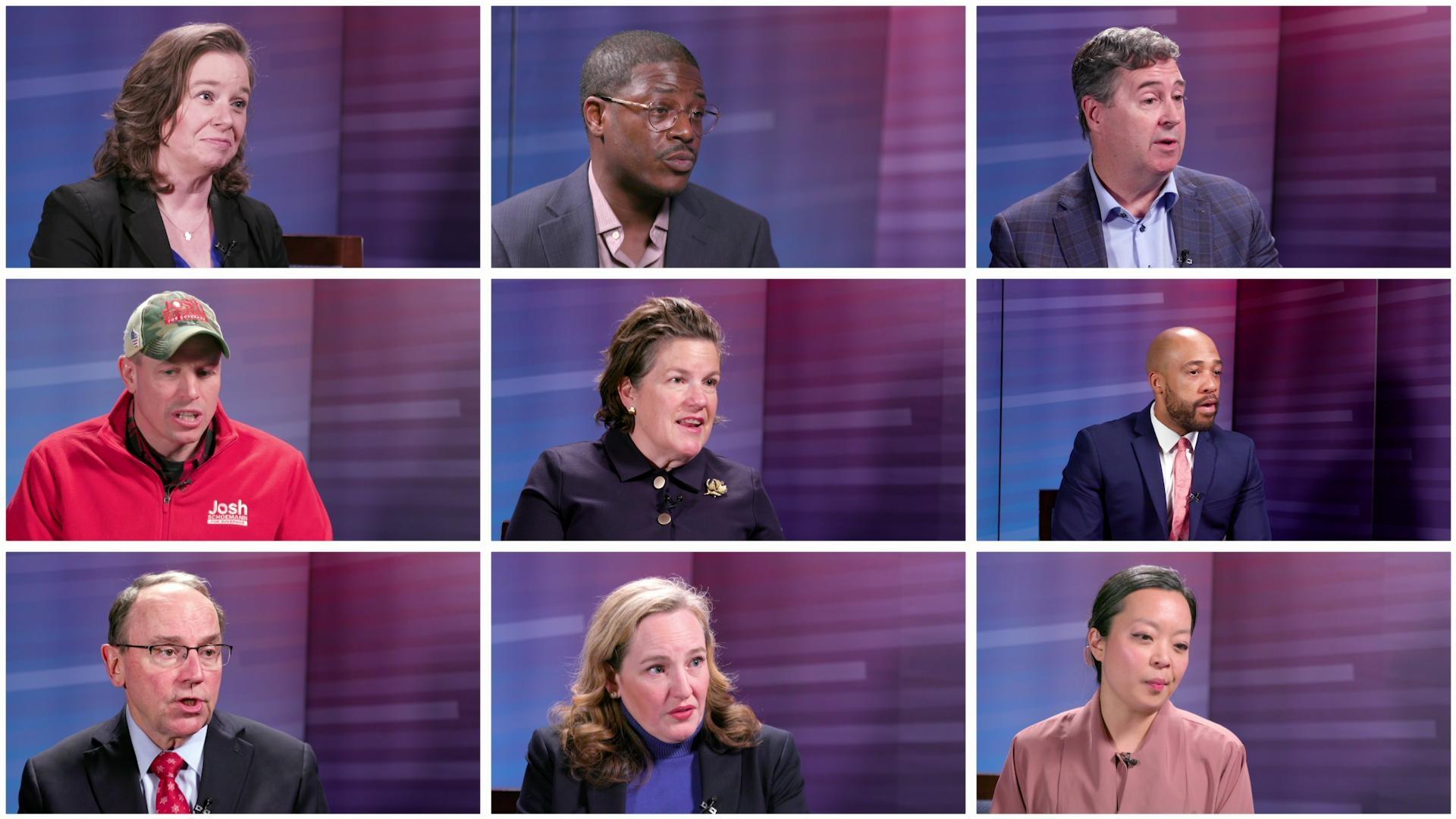

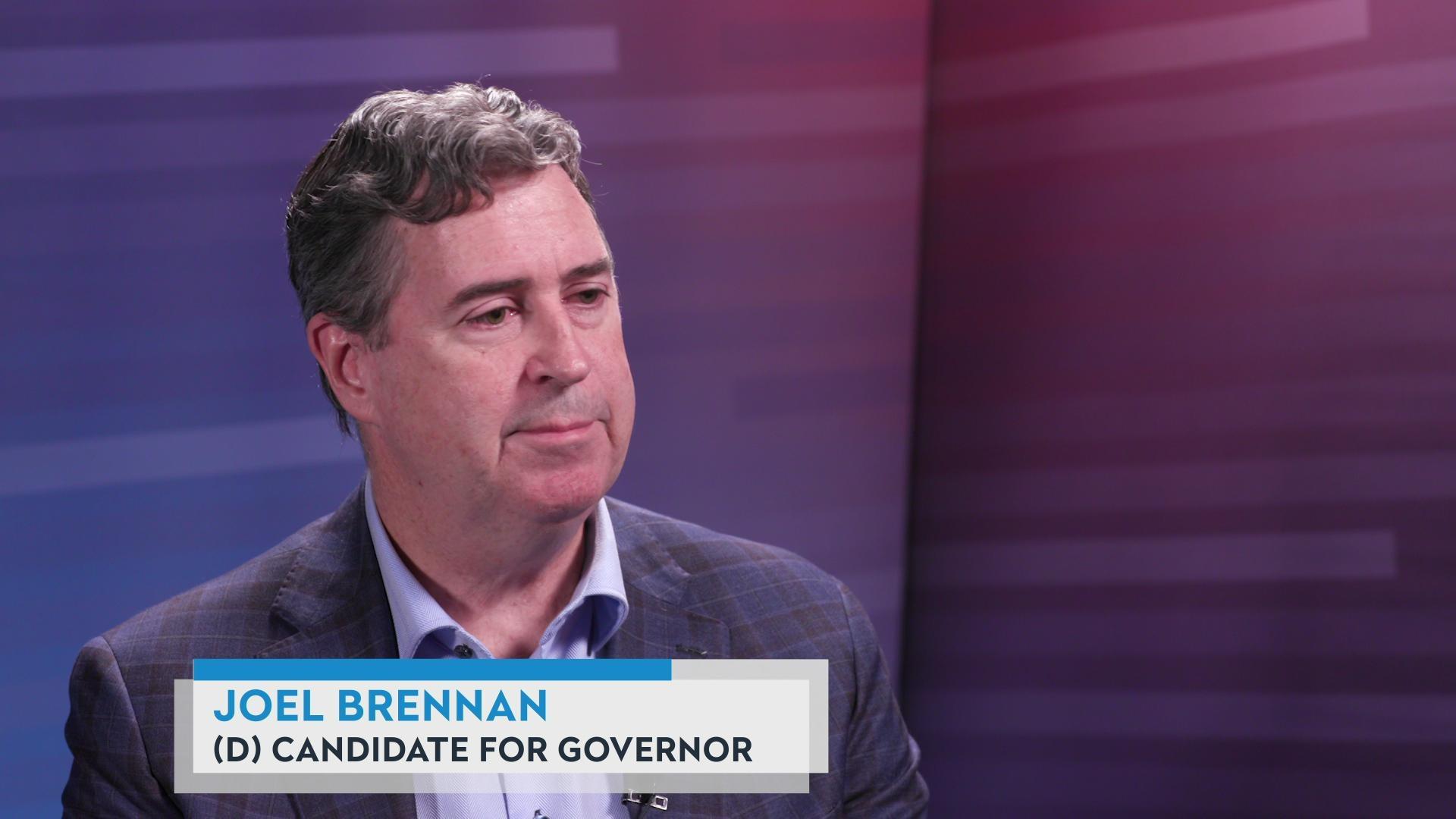
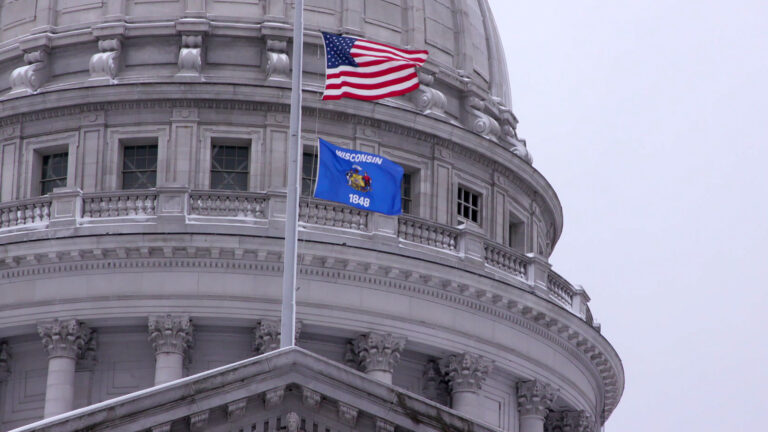
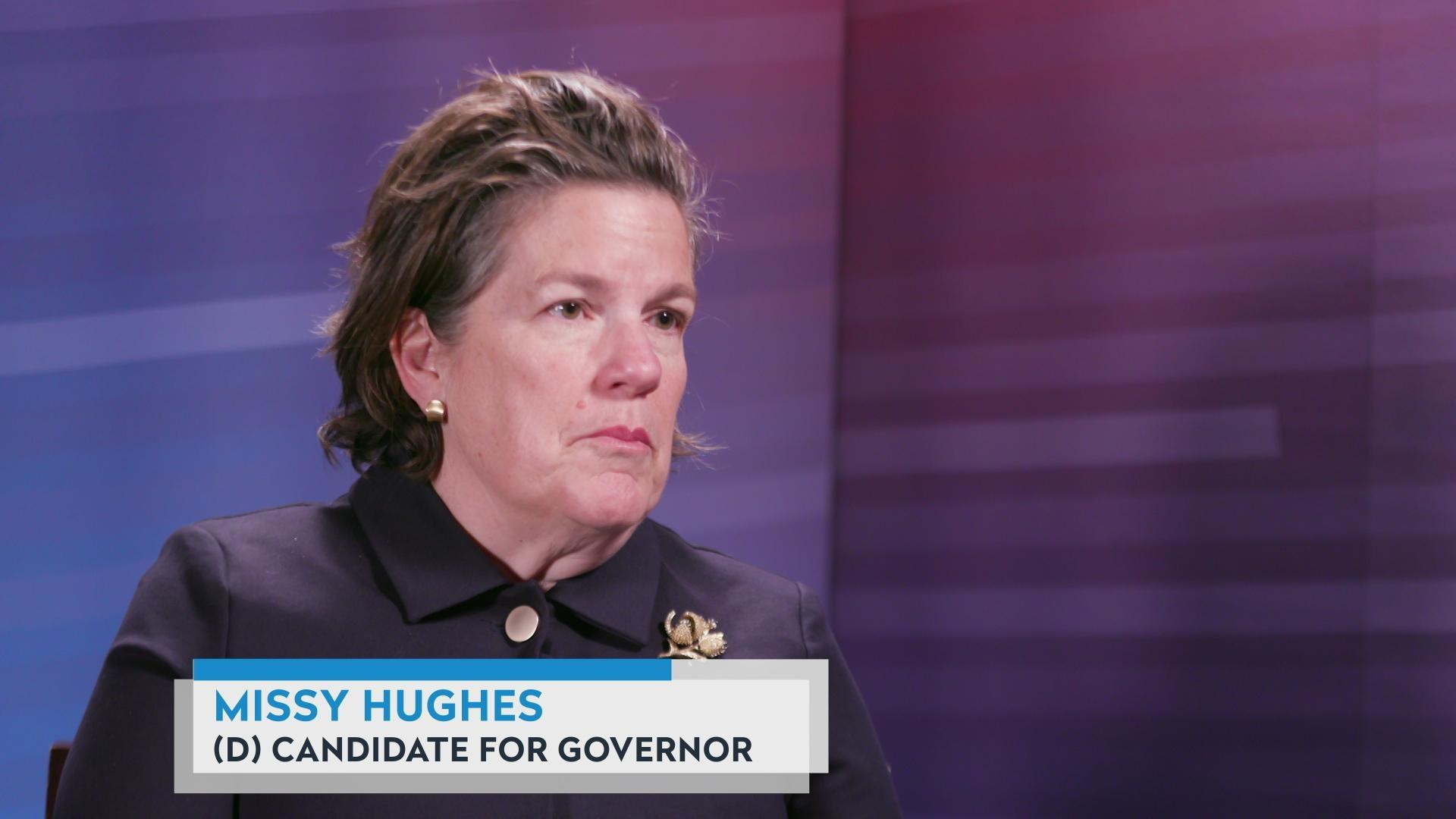

Follow Us